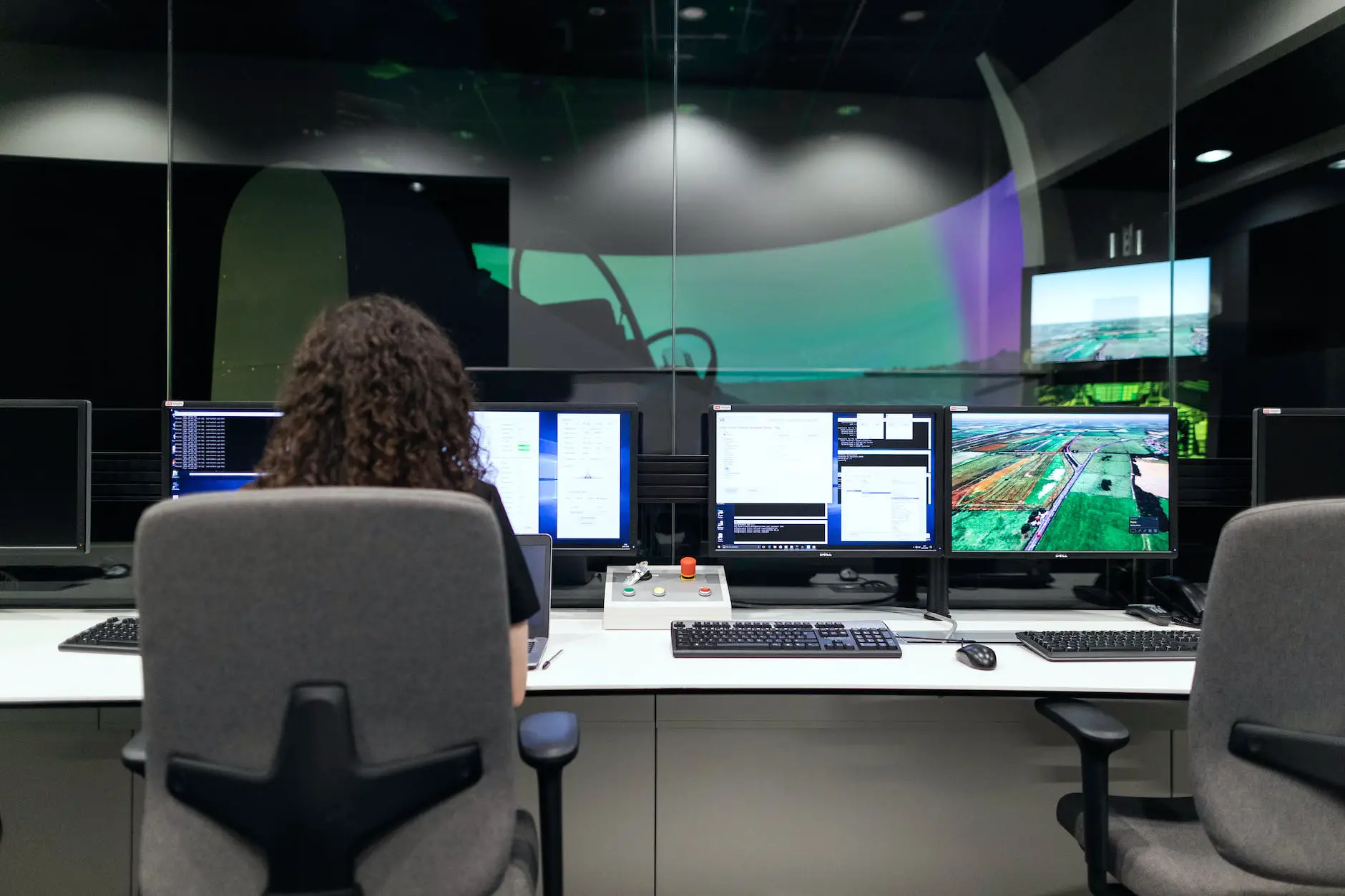While Selenium has become a popular choice for automating web application testing, it isn’t directly compatible with mainframe applications. This is because Selenium interacts with browsers to simulate user interactions, while mainframe applications operate through terminal-like interfaces or character-based screens. Selenium For Mainframe Testing is not directly possible due to the technical limitation on which Selenium is built.
Table of Contents: Mainframe Testing with Selenium
Therefore, directly using Selenium for mainframe testing isn’t feasible. However, several alternative solutions and plugins allow you to leverage Selenium’s automation capabilities for mainframe applications:

1. Third-party plugins for Mainframe Testing
- Jacorb: This open-source Java library allows Java programs to interact with COM objects. It acts as a bridge between Selenium and the mainframe application, enabling automation of terminal-based interactions.
- Jagacy (formerly known as 3270j): This Java library emulates a 3270 terminal, allowing you to control and test mainframe applications through Selenium scripts.
- Micro Focus Rumba: This commercial tool integrates with Selenium and provides various features for mainframe testing, including screen scraping, data extraction, and test script recording.
2. Mainframe-specific testing tools
- IBM Rational Developer for System z: This integrated development environment (IDE) provides tools for developing, testing, and deploying mainframe applications. It includes features like screen scraping, test case management, and integration with Selenium.
- Micro Focus Enterprise COBOL Workbench: This IDE offers functionalities specific to COBOL development, including screen testing capabilities. It allows you to record and playback user interactions on mainframe applications.
- Compuware ISPW: This comprehensive testing toolset provides features for testing mainframe applications across various aspects, including functional testing, performance testing, and data validation.
3. Alternative automation frameworks
- Robot Framework: This open-source framework offers keywords and libraries for automating various tasks, including mainframe testing. It integrates with tools like Jacorb and Jagacy to facilitate test script creation and execution.
- JEST (Java Enterprise System Test): This framework provides a Java API for automating mainframe applications. It offers various features like screen capture, data validation, and integration with Selenium.
Choosing the right approach in place of Selenium For Mainframe Testing
The best solution for your mainframe testing needs depends on various factors, such as:
- Complexity of your mainframe applications: For simple applications, third-party plugins or Robot Framework may suffice. For complex applications, dedicated mainframe testing tools like Rumba or ISPW might be more effective.
- Your existing technology stack: If you already use Selenium for web automation, choosing a plugin like Jacorb or Jagacy might be a smooth integration.
- Your budget: Open-source options like Jacorb and Robot Framework are cost-effective, while commercial tools like Rumba or ISPW require licensing fees.
Does Selenium has any future plans to develop frameworks for Mainframe?
While Selenium has achieved significant success in automating web applications, it currently has no official plans to develop frameworks specifically for mainframe testing. This is largely due to the fundamental differences between web and mainframe technologies. Selenium interacts with browsers using web protocols, which are not applicable to mainframe applications.
However, the Selenium community remains active and open to exploring new possibilities. Several plugins and frameworks have emerged that bridge the gap between Selenium and mainframe testing. These solutions often leverage libraries like Jacorb and Jagacy to enable interaction with mainframe applications through Selenium scripts.

Here are some potential future directions for Selenium and mainframe testing:
- Improved integration with existing plugins and frameworks: Selenium could potentially offer native support for popular plugins like Jacorb or Jagacy, streamlining the integration process and making it easier for developers to test mainframe applications.
- Development of new frameworks specifically for mainframe testing: While Selenium is strong for web applications, a dedicated framework might be more efficient for mainframe testing. This framework could offer specialized features and libraries tailored to the specific requirements of mainframe applications.
- Community-driven solutions: The open-source nature of Selenium allows for continuous improvement from the community. We can expect ongoing development of plugins and frameworks by independent developers, further expanding the capabilities of Selenium for mainframe testing.
Ultimately, the future of Selenium and mainframe testing depends on the evolving needs of developers and the ability of the community to adapt and innovate. It’s possible that we will see more tightly integrated solutions or even dedicated frameworks emerge in the future. However, it’s important to remember that even without official support, the existing plugins and frameworks provide a powerful and flexible platform for automating mainframe testing tasks.
Final Thoughts on Selenium for Mainframe Testing
Although Selenium itself cannot directly test mainframe applications, several alternative solutions and plugins exist to leverage its automation capabilities. Evaluating your specific needs and choosing the right approach can help you effectively test your mainframe applications and ensure their quality and performance.
I hope you found this article useful. Feel free to share your thoughts in the comments.

